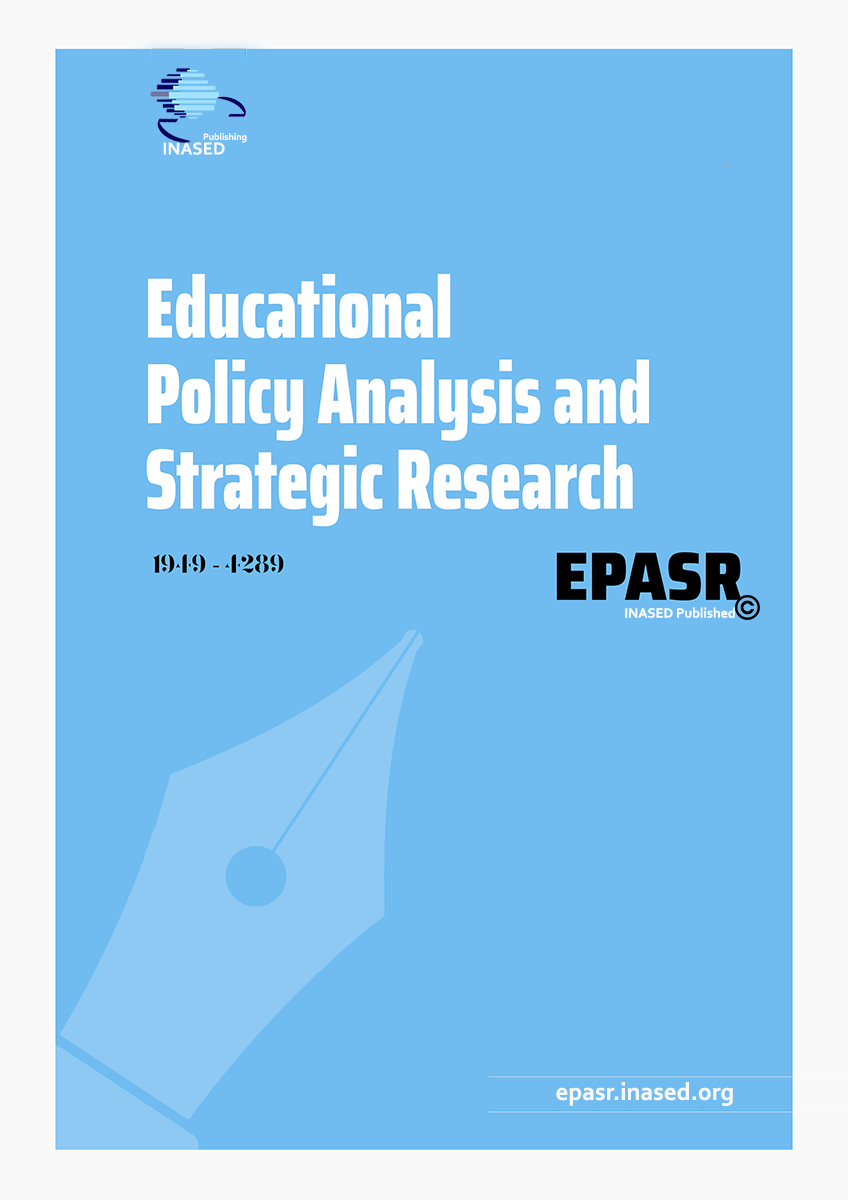Original article | Educational Policy Analysis and Strategic Research 2009, Vol. 4(1) 19-35
Favoritism in the Turkish Educational System: Nepotism, Cronyism and Patronage
Ismail Aydogan
pp. 19 - 35 | Manu. Number: epasr.2009.002
Published online: January 01, 2009 | Number of Views: 173 | Number of Download: 835
Abstract
In almost all systems there have been unethical behaviors that take place in written and visual media. Of all these unethical behaviors, favoritism takes precedence. This study was conducted to investigate whether or not the administrators favor some people in the Turkish national education system and also to reveal the teachers’ thoughts on whether or not the administrators (central, provincial, and school administrators) show favoritism in their decisions and practices. In the study, a scale was constructed to collect data, and its validity and reliability were checked. After a group of teachers tested the scale, the results indicated that the teachers tend to believe that central, provincial and school administrators are partial in favor of some people in the Turkish national education system. Teachers believe that favoritism has existed in the following areas: the appointment of central administrators in the ministry of national education, in school administrators and teachers, in providing educational materials for schools, in selecting schools to take part in activities, in promoting teachers to a higher position or appointing them to positions abroad; about tendering investments in the provincial education administration, in opening private schools, courses and institutions, in the distribution of funds to schools, as well as the use of buildings, establishments and materials provided by the ministry; in the practice of school administrators about the tolerance for teachers’ having permission for any reasons, in teachers beginning courses and leaving classrooms on time, and finally in selecting participants for activities from which they can benefit financially and academically. Participants believe that administrators neglect skills and abilities, and that they behave show favoritism about the issues mentioned above in favor of their friends, fellow countrymen, and those having political views that align with their own.
Keywords: Administrator, Favoritism, Nepotism, Cronyism, Patronage, Ethics
| How to Cite this Article? |
|---|
|
APA 6th edition Harvard Chicago 16th edition |


